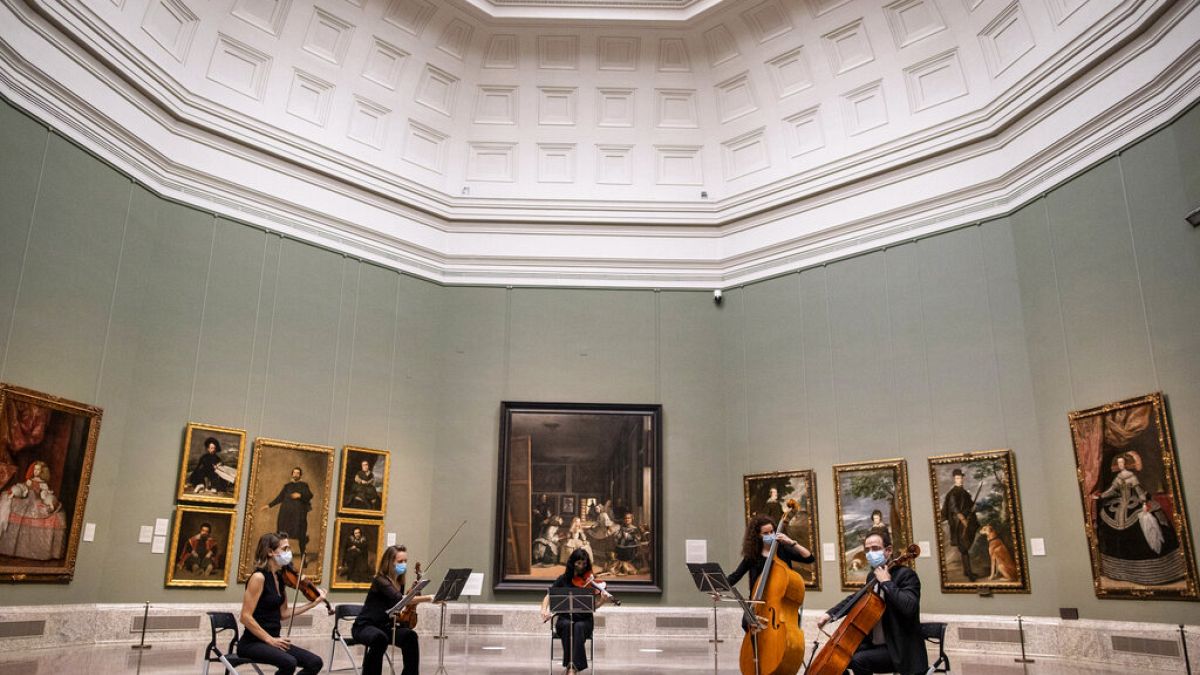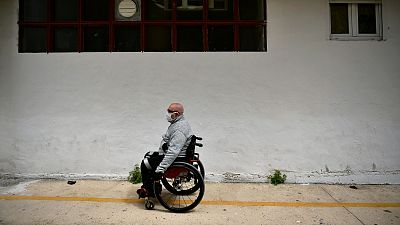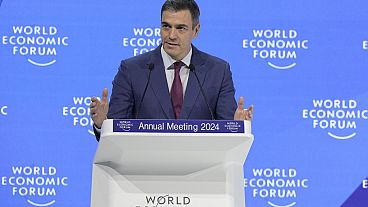One of the world's most renowned art museums is changing the language in the descriptions attached to its paintings in a bid to increase inclusion and promote equality.
In a bid to tackle inclusivity and equality, the El Prado Museum in Madrid is changing the language found in the short descriptions next to the paintings it has on display.
A total of 1,800 cartouches have been revised, but in addition to the galleries, there was also a lot of work to be done on the website which has some 27,000 files. Dozens of painting descriptions have already been modified.
Words and terms such as 'dwarfism,' 'handicapped,' 'the wife of' and 'obesity' have been removed to use more inclusive and less sexist language.
Victor Cageao, Head of Conservatorship, said, "Prado is convinced of the need to adapt to the times, to respect all people. This is not about politics, this is about terminology, linguistics and respect for all."
He noted though, that the museum does not change a title if the painter has given the work that specific title.
Victor Cageao has led the conservatorship department to look for examples of wording that - in the present time - could be seen as discriminatory or insulting.
So far the change has been well received by museum visitors.
Trainee nurse Ana Maria Rodriguez was enjoying an early viewing of one of Diego Velaquez's most famous works "Las Meninas." She felt that the changes were positive, "This is p_rogress, in the sense of equality and that everyone must be valued_." she said.
A language change sparked by a constitutional amendment
Spain’s Parliament voted last Thursday to amend its Constitution for just the third time to remove the term “handicapped” and replace it with “persons with a disability.”
The change in terminology has been a long-held demand of Spain’s disability community.
The amendment to Article 49 also added that “public administrations will pursue policies that guarantee the complete autonomy and social inclusion of people with disabilities.
Spain’s ruling Socialist party and the conservative opposition Popular Party agreed to make the change in a rare moment of consensus between the European nation’s largest political parties.
The amendment was also backed by all the other smaller parties in the chamber, except for the far-right Vox party. It passed by a vote of 312 to 32.



